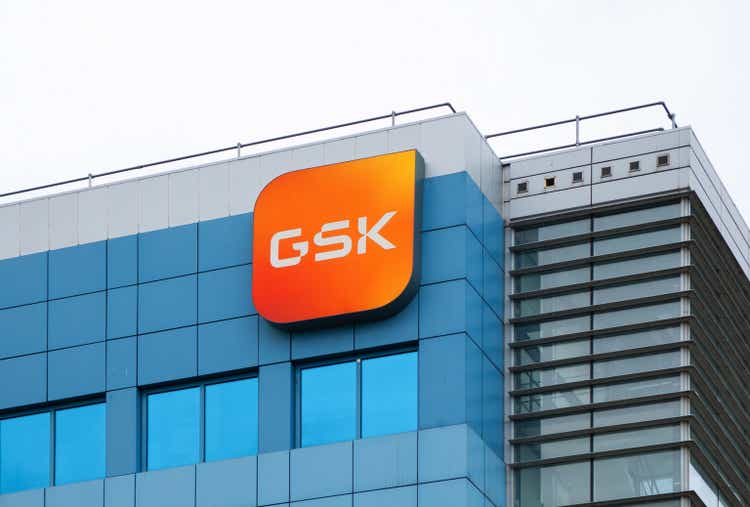Good morning. Synopsys CEO Sassine Ghazi just did something that’s making jaws drop: He convinced regulators in China and the U.S. to approve the company’s $35 billion acquisition of Ansys that’s set to close today. The reaction from fellow CEOs, he told me: “How did you get one of the most complex deals done in such a complex time?”
With tensions high, the business case for bringing together two U.S. tech companies making products critical for Chinese clients wasn’t going to sell itself. “I’ve been to China maybe eight times this year,” he said. “I found myself being a U.S. ambassador to China, explaining the Synopsys position and understanding what they care about. And, back in the U.S., representing the importance and need for us as a global company to continue leading with innovation.”
The tough part wasn’t the antitrust review of a $6.1 billion-a-year leader in chip design’s bid to buy a $2.5 billion-a-year leader in engineering software, he said. It was negotiating “access to the technology in the event things happen between the two countries.” What helped was “overwhelming customer support” and a recognition among Chinese regulators that “if they were too difficult or too constraining, it’s not good for China.” (The Federal Trade Commission had granted conditional approval in May.)
His advice for others trying to win over authorities in both markets? “From the beginning, the message was consistent with the U.S. and with China: I’m not a politician. I represent a global company with opportunities that we see across every region,” he said. “With China in particular, I believe they have a great opportunity to take their strength in manufacturing and take it to the next level of intelligent manufacturing. And the U.S. has many, many other strengths with compute, software applications, etc. It’s important for Synopsys to have access to both markets to continue leading.”
And it mattered that he went to China to speak with officials himself. “I was not getting an update once a month on how things are going. Did I have moments where it was depressing, leaving a meeting and seeing all kinds of surprises happening out of our control? Of course. At the end of May, we had a complete blackout and restriction on selling to China. That was a tough moment. I happened to be in China the week after, having to explain it, not knowing how long these uncertainties will be. I never doubted we’d get it done, but I started doubting the timing.”
Contact CEO Daily via Diane Brady at diane.brady@fortune.com
This story was originally featured on Fortune.com

 5 hours ago
1
5 hours ago
1
















 English (US) ·
English (US) ·